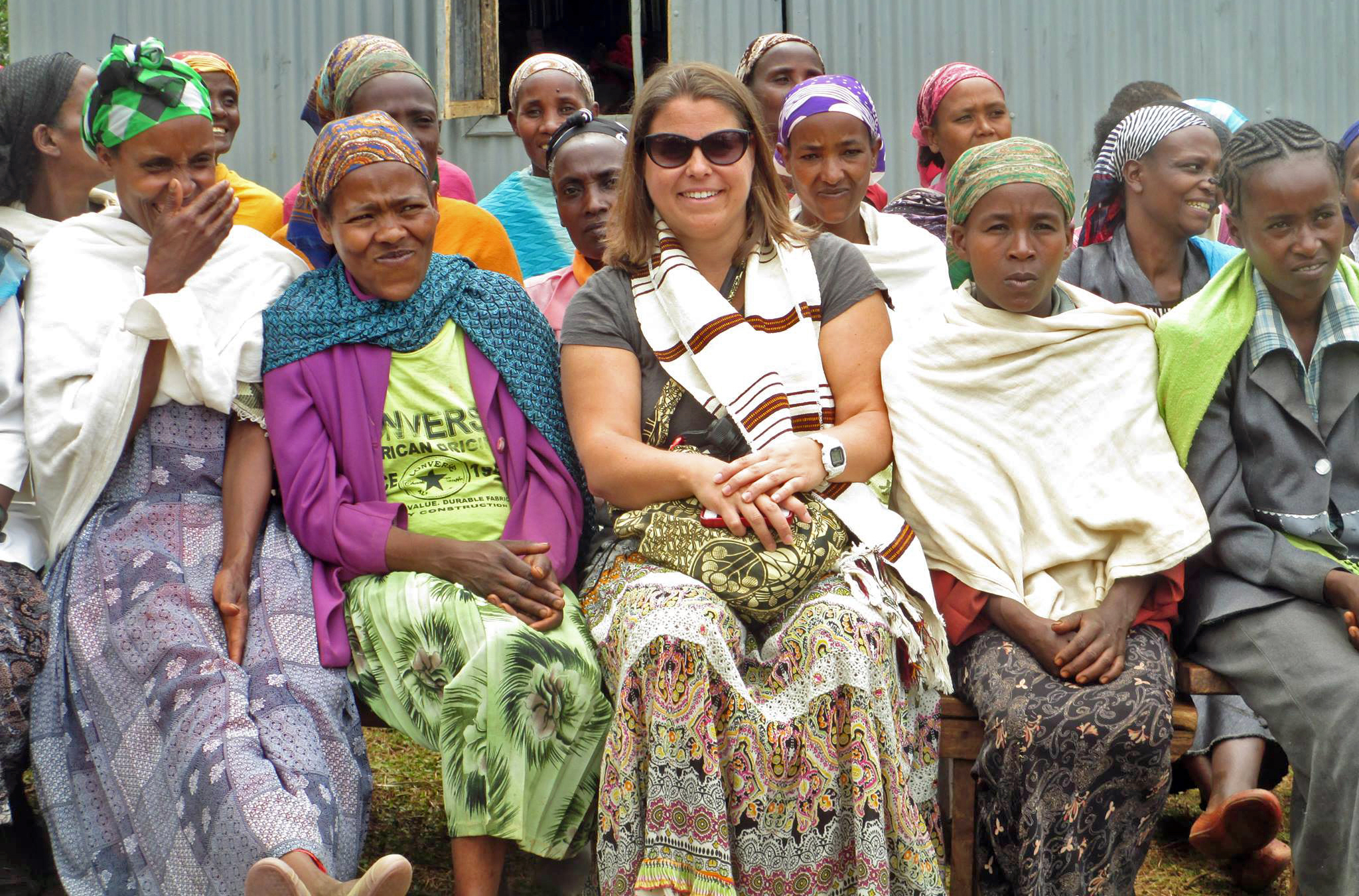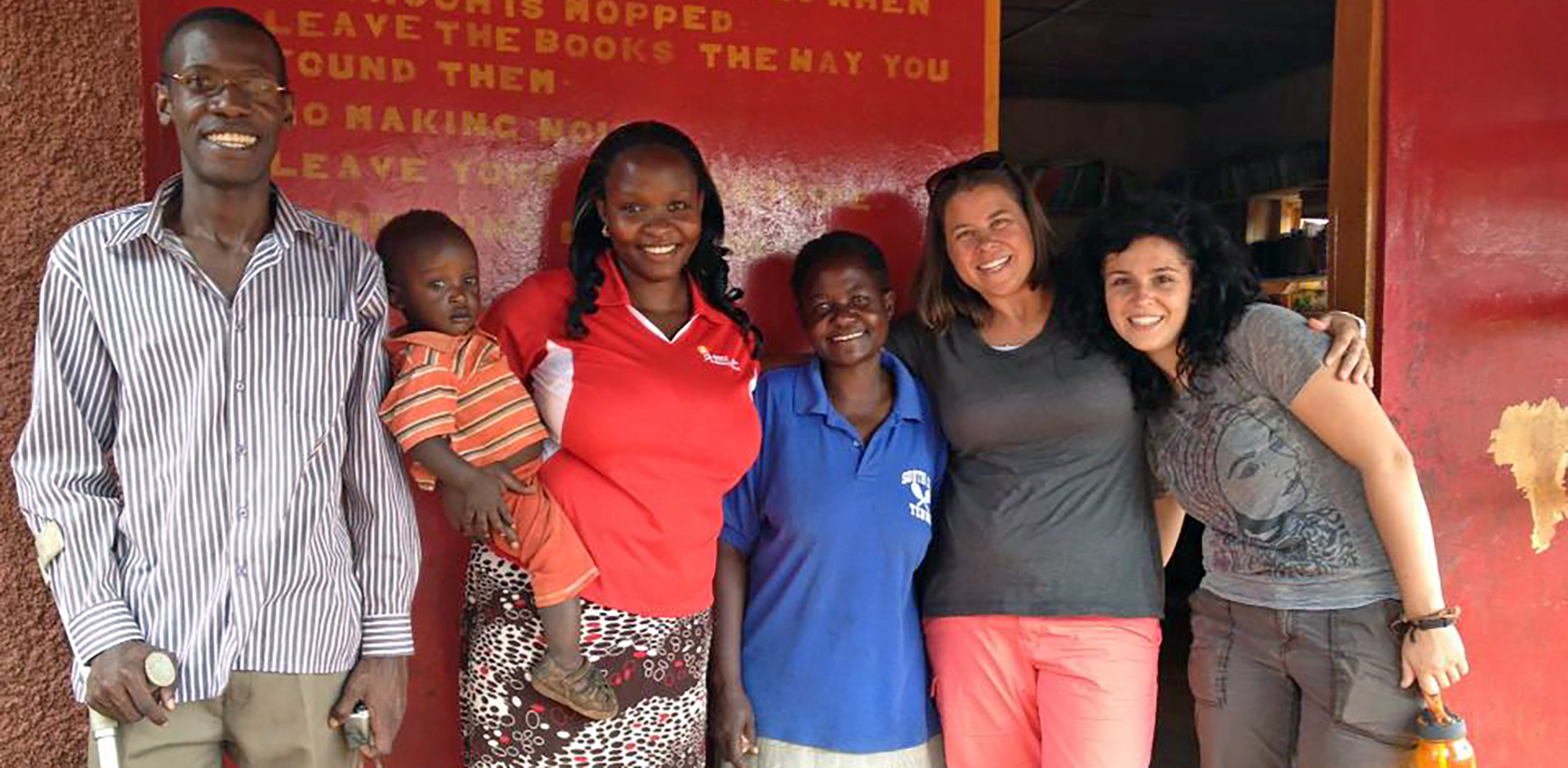Founded by Kindri Van Puffelen
Kindri Van Puffelen, born in Colorado, raised in California and an alumnus of Auburn University’s School of Nursing in Alabama founded Abundant Life Ministries – Uganda in 2011. On a short visit to work with kids and help run a week of camp for AIDS orphans, Kindri was taken aback by the sheer number of children in the area.
Uganda, a country about the size of the state of Oregon, has the world’s youngest population with 78% of its 44 million people under 30, and nearly half, about 20 million are children under the age of 15. They fend in large part, for themselves and care for each other. The notorious Joseph Kony was known for attacking villages in the night, killing the adults and taking the children, with boys forced to become killers and girls to become sex slaves. Between this war and the impact of AIDS, the country and its children were in survival mode, with no intention, and little possibility, to become productive adults.
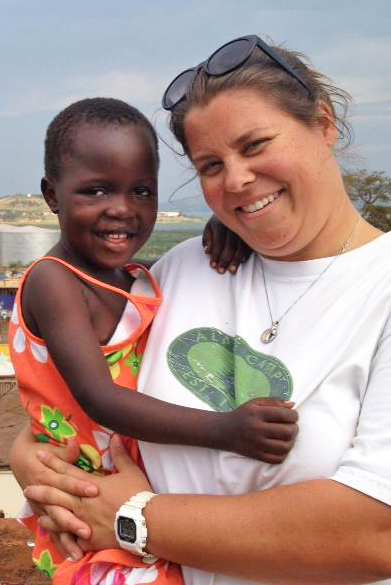
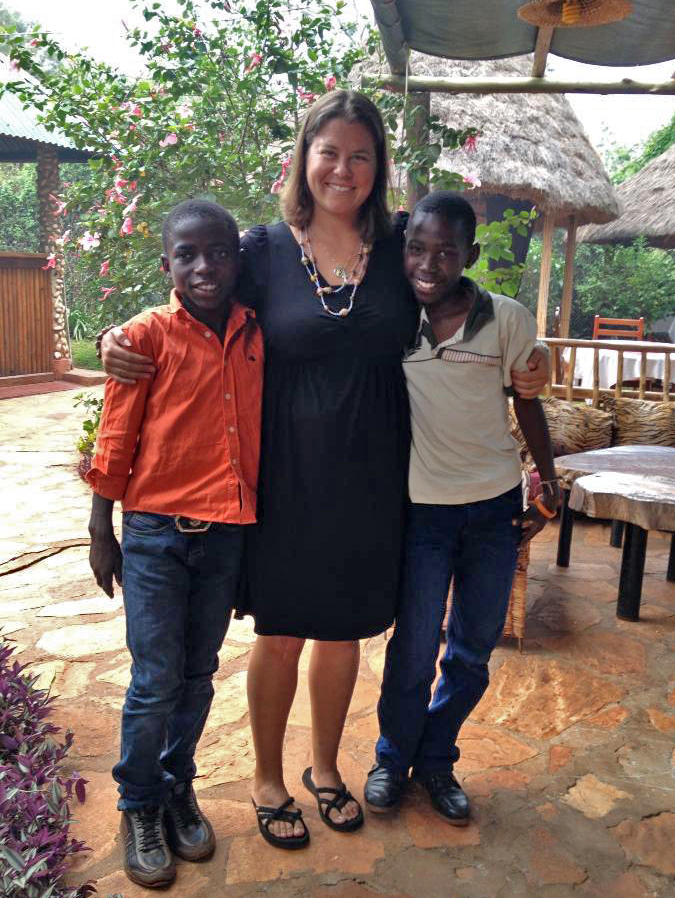
Kindri made a second trip, and learned that the organization she’d helped was in danger of shutting down for lack of funds. She ended up directing their youth camp and helped raise needed funds. But in the process, she realized that these efforts were barely impacting the population of children in Uganda. So Kindri raised funds through her own works and fundraising and founded Abundant Life Ministries – Uganda (ALMU), as a non-profit organization with a goal of bringing in as many kids as possible to camp to make a real difference in their lives.
She began by helping a church-based group, ended up founding her own non-profit ministry and ALMU is now actively sought out by other non-profit and non-governmental organizations (NGOs), as well importantly, as Ugandan churches, schools and community organizations.
To start a bigger conversation about what life could look like when you get outside that survival mode, AMU provides what they describe as ‘huge amounts’ of food and creates an environment where the kids are able to let down their walls a bit, not having to worry about food or where to sleep or who they’re sleeping next to. They come with walls high and on day 2, they start settling in and realize there will be food again because it’s lunch time and again at dinner time and then ‘I’ll have a bed I get to sleep in all by myself tonight’. And there’s water, people who care about me and I’m having a good time too!
“Their hearts open up and it’s so rewarding because we create a safe, fun environment for them,” says Kindri Van Puffelen. “When we talk about peer pressure, sex and looking beyond yourself, working in teams, how to interact in such a way that looks out for the well-being of a group, we address so many different things. It all really starts with creating a place where they can feel safe.”
ALMU has now run six camps in Uganda, and has graduated 317 children from eight different organizations. They’re pleased to share that they’ve started to see repeat camper groups, and hear from the repeaters about how it’s impacted them individually – some having chosen not to drink, not to be sexually active, kids who are changing their circumstances. Counselors and leaders from other organizations in fact, have opened up with powerful stories about how the work has changed their own lives.
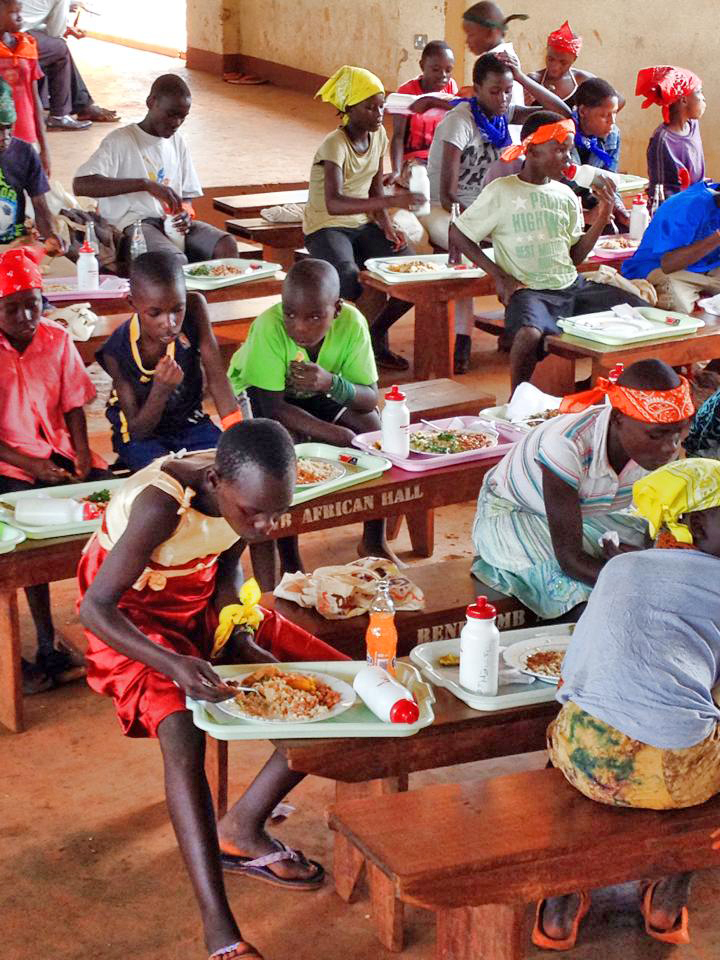
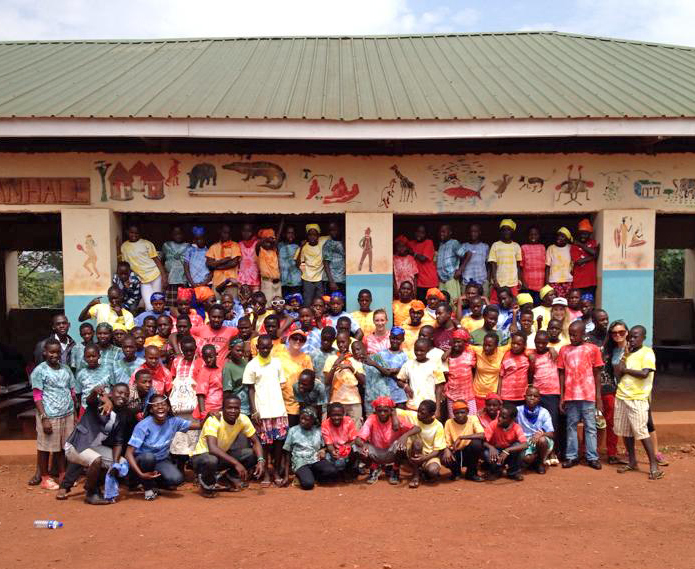
Right now the ALMU facilities in Uganda can host about 45 kids at a time, which the organization is planning to boost to 300 campers at a time, hopefully within the next five years. They began fundraising in August of 2014 and already have necessary funds to purchase the 29 acres on which to build. A local engineer and an onsite architect in Uganda are working on the plans. The build-out can happen quickly and timing will depend on the amount of funds coming in. And CEO / Founder Kindri Van Puffelen is wrapping up her work as a nurse at John Muir Hospital this holiday season and will be moving to Uganda full time in January 2015 to lead the charge.
She began by helping a church-based group, ended up founding her own non-profit ministry and is now actively sought out by other non-profit and other non-governmental organizations (NGOs), as well importantly, as Ugandan churches, schools and community organizations.

